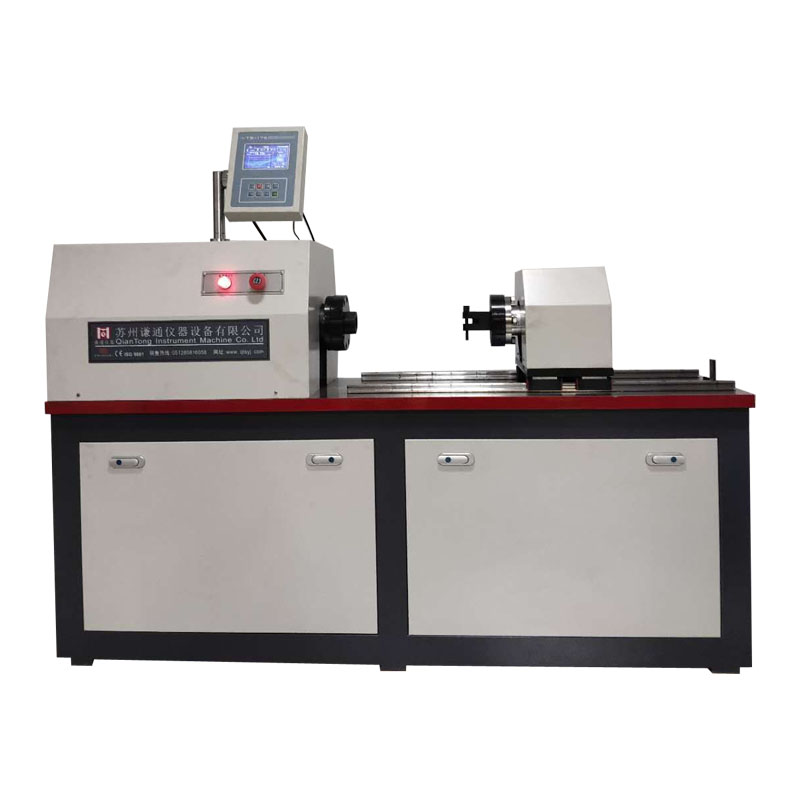Here's an overview of metal material testing machines
2023-10-17
A metal material testing machine is a specialized piece of equipment used to evaluate and analyze the mechanical, physical, and structural properties of different types of metal materials. These machines play a critical role in various industries, including manufacturing, aerospace, automotive, construction, and research, where the quality and performance of metal materials are of utmost importance. Here's an overview of metal material testing machines:
1. Purpose: Metal material testing machines are designed to assess the behavior and characteristics of metal materials under different conditions. They help determine properties such as strength, hardness, elasticity, ductility, fatigue resistance, and more.
2. Types of Testing Machines:
- Tensile Testing Machines: These machines measure a material's tensile strength, yield strength, elongation, and other properties by subjecting a sample to controlled tension until it breaks.
- Hardness Testing Machines: Hardness testers measure a material's resistance to indentation or scratching. Common methods include Rockwell, Brinell, and Vickers hardness tests.
- Impact Testing Machines: Impact testers evaluate a material's resistance to impact and shock loading. The Charpy and Izod tests are commonly used for metals.
- Fatigue Testing Machines: These machines assess a material's fatigue life and durability by applying cyclic loading to the material and monitoring its response over time.
- Bending and Flexural Testing Machines: These machines determine a material's flexural strength and stiffness by applying a bending force to a sample.
- Compression Testing Machines: Compression testers assess a material's behavior under compressive loads, such as its compressive strength and modulus of elasticity.
3. Parameters Measured:
- Tensile Strength: The maximum load a material can withstand before breaking.
- Yield Strength: The point at which a material starts to exhibit permanent deformation.
- Hardness: The material's resistance to indentation or scratching.
- Impact Resistance: The ability of a material to absorb energy during impact.
- Fatigue Life: The number of cycles a material can endure before failure under cyclic loading.
- Flexural Strength: The maximum bending stress a material can withstand.
- Compressive Strength: The maximum load a material can withstand under compression.
4. Benefits:
- Quality Control: Ensures the consistency and reliability of metal materials used in production.
- Material Selection: Helps choose the right material for specific applications based on its properties.
- Research and Development: Provides data for designing new materials and optimizing existing ones.
- Safety Assurance: Ensures that metal components meet safety standards and can withstand expected loads.
5. Industry Standards: Metal material testing machines follow established international standards set by organizations like ASTM International, ISO (International Organization for Standardization), and DIN (Deutsches Institut für Normung).
6. Types of Metal Materials Tested:
- Ferrous Metals: Iron and its alloys, including steel and cast iron.
- Non-Ferrous Metals: Aluminum, copper, brass, bronze, titanium, and other metals and alloys.
7. Advanced Features: Many modern testing machines are equipped with advanced features such as computer control, data acquisition systems, and automation for more accurate and efficient testing.
Metal material testing machines are essential tools for ensuring the quality, safety, and reliability of metal components and structures across various industries. They provide valuable data that informs material selection, design, and manufacturing processes.



